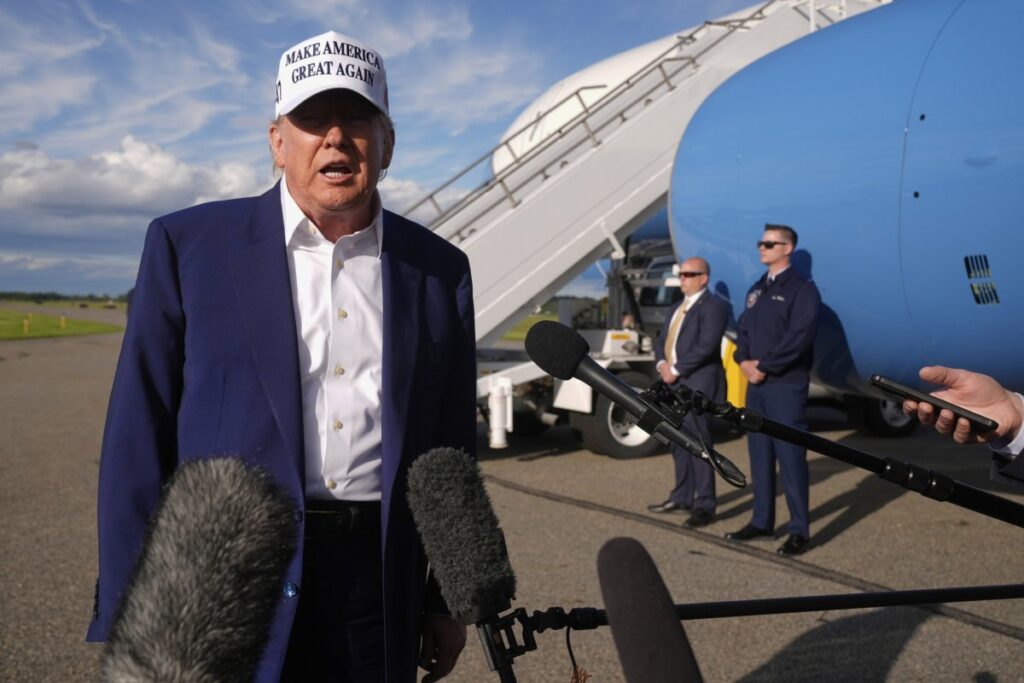Tehran – The US, which refused to present a plan written in five rounds of consultations with Iran, is part of a complex strategy based on game theory. According to this strategy, Washington maintains ambiguity and does not accept responsibility, unilaterally rewrites the rules of the game, attempting to keep the results a halo of uncertainty.
Reports say that five rounds of indirect talks between Iran and the US, mediated by Oman, passed without the US submitting a single written proposal, but Iran has placed a written and concrete plan on the table to advance the consultation, according to an official announcement.
Contrary to rules governing game theory, the US aims to turn the game into an open game with a variety of rules by refusing to define fixed rules, maintaining the game ambiguity and putting it in a position where it can either leave the field of play at any time or throw the ball to an Iranian court.
However, by presenting a particular plan, Iran has guided the game towards a “closed game with a particular strategy” so that each is committed, accountable and forced to pay the political and legal costs of action and decisions.
In fact, instead of taking responsibility, exchanging concessions and accepting strategic costs, Washington behaves to be able to handle several scenarios simultaneously, without accepting commitments to either of them.
This pattern is reminiscent of tactical actions in which actors try to disrupt decision-making power on the other side by hiding their goals, plans and priorities, but Iran tries to move the game from “floating” to “symmetric” forms by presenting a specific offer.
But what are the US strategic goals with this pattern of behavior?
– Create an image of “diplomacy mobility” in the eyes of the public. As Trump said, “Serious progress has been made in dialogue with Iran,” although no documents have been provided.
– Test Iranian actions without paying, or test “free modeling” of Tehran’s response.
– Maintain your game’s advantage with “Zero Commitment” and stay in negotiations without entering a legal or politically binding level.
This lawless, ambiguous game is not only a temporary tactic, but also part of the US “swing strategy,” but also because of technical and legal incompetence in the negotiation room, Washington tries to increase the power of manipulation.

